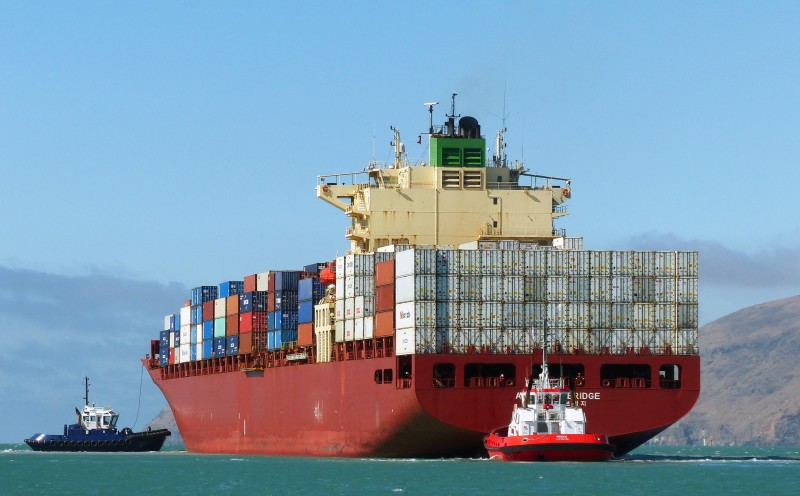Reported by
Organized crime groups are increasingly using major European ports to traffic large quantities of illicit drugs, pointing to a “worrying scale of criminal activity” and possible corruption among dock workers and law enforcement personnel, a new report has found.
The joint report by the European Union Drugs Agency (EUDA) and the World Customs Organization (WCO) warns that the surge in drug trafficking is not just about rising volumes, but growing vulnerabilities. The “large quantities of drugs seized on average per shipment,” the report states, “implies a significant degree of penetration by organised criminal networks in EU ports, including the likely corruption of some port staff.”
From January 2019 to June 2024, authorities seized more than 1,826 tonnes of illicit drugs either within or en route to EU ports. Of that total, 1,244 tonnes—or some 68 percent—were intercepted at the ports themselves. The remainder was seized outside the EU but destined for Europe.
The majority of seizures occurred at a few key ports, particularly Belgium’s Port of Antwerp and the Netherlands’ Port of Rotterdam—the largest seaport in Europe.
Cocaine accounted for the vast majority of the drugs seized, with 1,487 tonnes confiscated—nearly 82 percent of the total. Cannabis resin was the second most intercepted drug, with 260 tonnes seized. The average shipment sizes further highlight the scale: 533 kilograms per cocaine seizure, and 1.2 tonnes for cannabis resin.
Antwerp remains Europe’s primary hub for cocaine trafficking, with 442.9 tonnes seized in 572 operations. Rotterdam followed with 180.7 tonnes across 554 seizures.
Captagon, an amphetamine widely produced and consumed in the Middle East, was the third most trafficked drug by volume. At least 21.7 tonnes were seized in just seven operations. The largest single seizure—14.2 tonnes—occurred in 2020 at Italy’s Port of Salerno. No further Captagon seizures at EU ports have been reported since.
The reasons for the decline in Captagon interceptions remain unclear. However, it may “indicate a change in modi operandi (e.g. the use of smaller ports for transhipment or trafficking using alternative methods) or the declining importance of Europe in the transhipment of captagon,” the report said.
Due to limited demand for Captagon within Europe, most seized shipments were “likely intended for onward shipping to the Arabian Peninsula, where there are strong indications of a large consumer market for this drug,” the report added.






